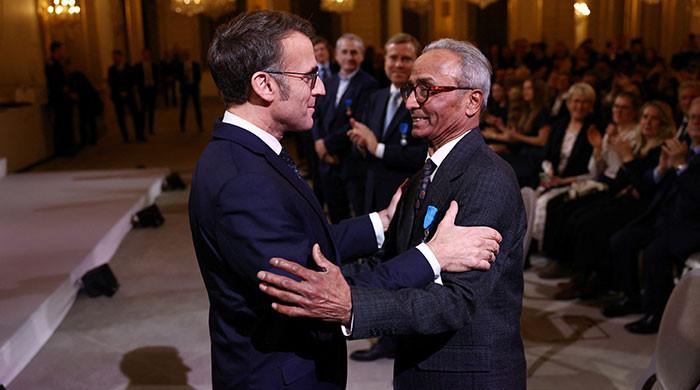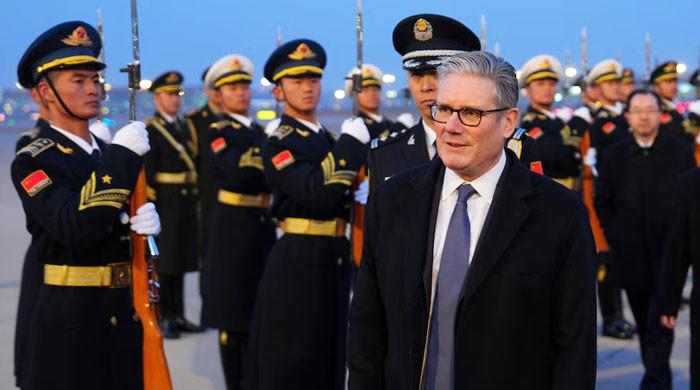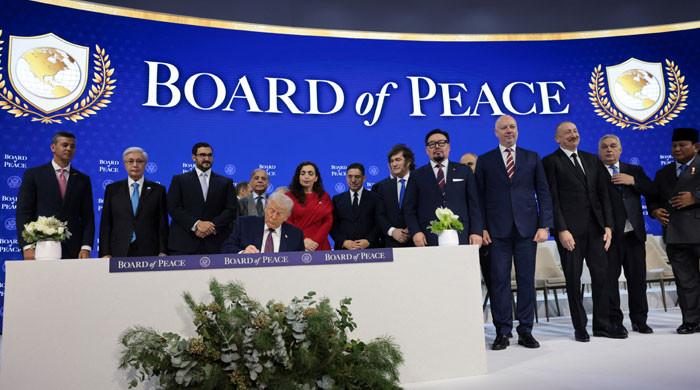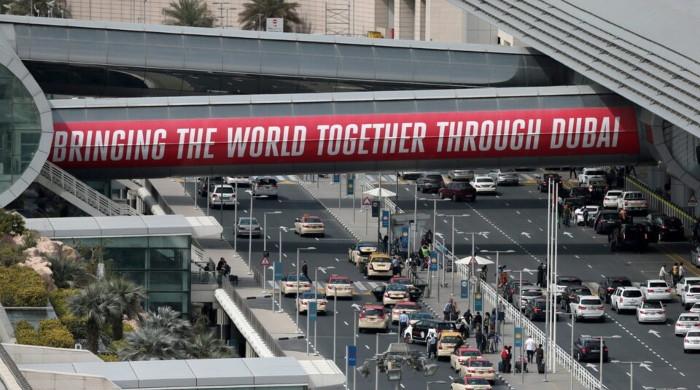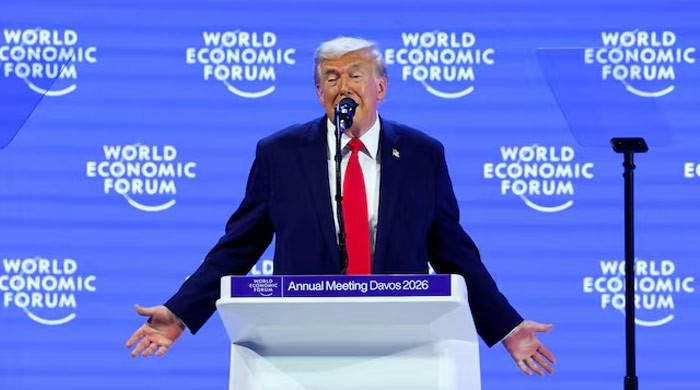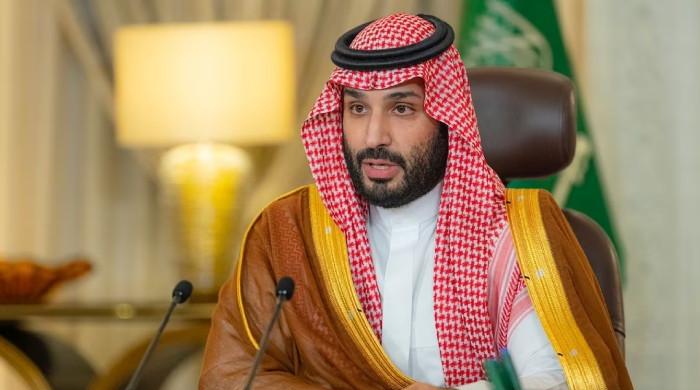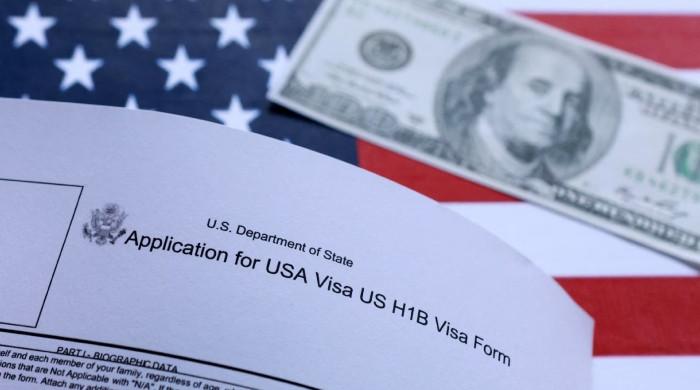BRICS leaders navigate differences ahead of expansion debate
China and Russia are strategically aligned to push for global clout of BRICS as counterweight to West-controlled financial institutions
August 23, 2023
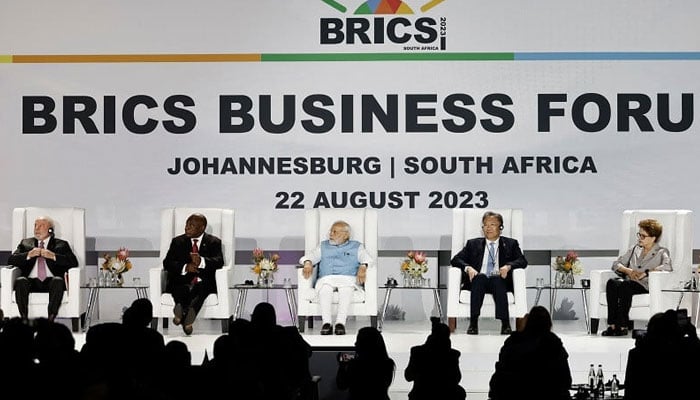
BRICS leaders met on Tuesday to discuss the alliance's future amidst differences and an upcoming crucial debate for the alliance's expansion. China and Russia aim to strengthen the bloc, seeking a counterbalance to Western dominance.
In the midst of escalating global tensions emanating from the Ukraine war and China's escalating rivalry with the United States, China and Russia are strategically aligning to reinforce BRICS, which comprises also South Africa, Brazil, and India.
The virtual presence of President Vladimir Putin underlines Russia's commitment to consolidating the alliance's influence. The summit in Johannesburg, spanning from August 22-24, seeks to position BRICS as a counterweight to the Western-dominated global institutions.
President Xi Jinping's absence has raised queries despite prior meeting with South African President Cyril Ramaphosa. His message was delivered in his stead by Chinese Commerce Minister Wang Wentao.
Evident from Brazilian President Luiz Inacio Lula da Silva's remarks, the group harbours divergent perspectives. President Lula, during a social media broadcast, stressed BRICS have an emphasis on unity among the bloc's member countries rather than a counterbalance to the G7, G20, and the United States.
Amidst deliberations concerning expansion, the agenda also encompasses the promotion of local currencies in trade, along with Russia's advocacy for reduced reliance on the US dollar. President Putin underscored this shift in a pre-recorded statement. While the proposition of a shared BRICS currency for inter-country trade was floated by Brazil, South African organisers have excluded it from discussions.
The diversity within BRICS presents a formidable challenge, spanning from China's economic heft to South Africa's relatively modest size. Notably, India and Brazil have inclined towards fostering relationships with Western nations, setting them apart from Russia's aspirations to reinforce its global friendships. The persistent border tensions between India and China add an extra layer of complexity to decision-making within the consensus-driven group.
Addressing this scenario, White House National Security Advisor Jake Sullivan does not envision BRICS as a geopolitical adversary to the United States, citing the array of differing viewpoints within its member states.
The expansion, a longstanding priority for China, could potentially amplify the group's global influence, although India remains circumspect while Brazil harbours concerns about dilution of its impact.




